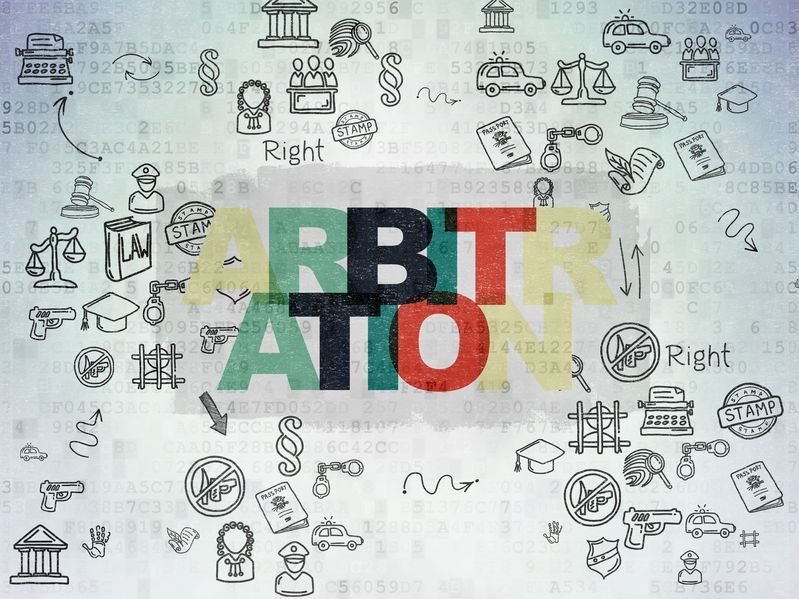South Africa is quickly becoming a leading jurisdiction in the arbitration sector. A recent testament to the quality of South Africa’s arbitration framework is the announcement that the Arbitration Foundation of South Africa (AFSA Rules) will serve as the model for the long-awaited BRICS Dispute Resolution Framework (Framework), confirmed at the Eighth BRICS Legal Forum held in Johannesburg, South Africa, in early December 2023.
Representatives from the Federal Council of the Brazilian Bar Association, the Association of Lawyers of Russia, the Bar Association of India, the China Law Society and the Law Society of South Africa resolved to incorporate the Framework, which will be modelled on the AFSA modified Rules, ready for adoption and ratification at the next BRICS Legal Forum in 2024.
International arbitration in South Africa is governed by the International Arbitration Act (2017), which incorporates the UNCITRAL Model Law. Domestic arbitrations in South Africa are governed by the Arbitration Act (1965).The AFSA and the Association of Arbitrators Southern Africa, remain the primary domestic arbitration organisations used to resolve commercial disputes in South Africa.
Joining IFCAI
In a development that further enhanced South Africa’s reputation as a seat of international arbitration, the AFSA joined the London Court of International Arbitration and the ICC International Court of Arbitration to become a full member of the International Federation of Commercial Arbitration Institutions (IFCAI) in 2023. With 52 members worldwide, IFCAI aims to build relationships among commercial arbitration centres through the exchange of information and the sharing of best practices in arbitration.
Kylie Slambert and Kamogelo Mashigo 18 Mar 2024
Further, the recent AFSA-Southern African Development Community (SADC) alliance, which aims to encourage member states to align their arbitration laws with international conventions and standards, celebrated a recent triumph with the adoption of the International Arbitration Bill, 2023 (Bill) by the Malawian Parliament. The Bill is the culmination of proposals put forward by the collaboration between AFSA and the Malawi Law Society, and its adoption opens the way for Malawi to become a part of the esteemed AFSA alliance.
Young AFSA
AFSA also recently launched Young AFSA, a new arbitration association with a focus on promoting knowledge-sharing, skills-building and networking among legal professionals and students between the ages of 18 and 40. Membership is free, making it a highly accessible forum for young professionals interested in arbitration. Young AFSA aims to organise skills-focused programmes, seminars and social events for knowledge exchange, as well as to encourage and foster relationships between young professionals across Southern Africa. Young AFSA hosted its first event in November 2023.
These significant developments attest to South Africa’s reputation and commitment to advancing arbitration across Southern Africa.
The new edition of the Baker McKenzie International Arbitration Yearbook can be accessed here. In its 17th year, the Yearbook provides important legal and case law developments in international arbitration across 40-plus jurisdictions worldwide, including in South Africa.































